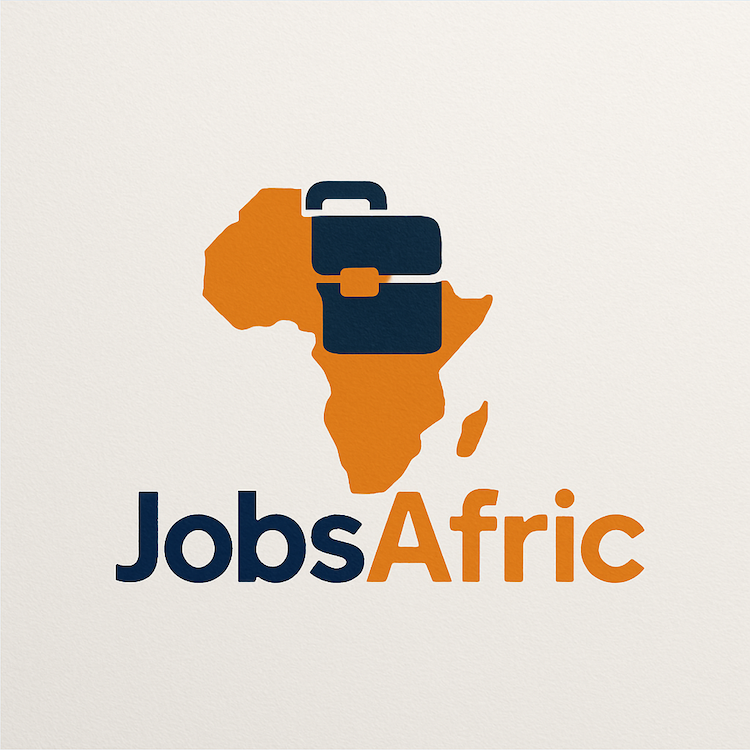When preparing for a job interview, most people think of the interviewee as the one who needs to be ready. While it’s crucial for job seekers to prepare, recruiters also need to be just as prepared to get the most out of the process. After all, the interview is a two way street, and it’s your chance to truly gauge whether the candidate is the right fit for the role. Research shows that up to 78% of job seekers may embellish their resumes, which makes the interview an essential part of discovering who the candidate truly is.
An interview conversation can give you a clearer picture of whether a candidate is a suitable fit for the position and your organization. However, this isn’t guaranteed unless you ask the right questions. Here are 15 strategic interview questions that will help you assess the potential of your next hire.

1. What attracted you to apply for this position?
Understanding why a candidate applied for your role is crucial. This question not only reveals their interest but also gives insight into their level of enthusiasm for the position and the company.
-
What it reveals: The candidate’s genuine interest in the job, whether they are truly motivated by the company’s mission or simply seeking any opportunity.
2. What motivates you to do your best work?
While this question may seem simple, it helps uncover the underlying factors that drive the candidate. Motivation goes beyond just the paycheck; it’s about what pushes them to succeed and thrive.
-
What it reveals: Whether the candidate will thrive in your work environment, and if your current motivational strategies are effective.
3. Describe your ideal work environment.
Understanding what conditions allow a candidate to excel is essential for determining whether your company’s culture aligns with their preferences.
-
What it reveals: How your office setup or company culture may either motivate or discourage the candidate’s performance.
4. Tell me something about yourself that others may find surprising.
This open ended question can reveal hidden talents, passions, or unexpected aspects of the candidate’s personality that may not be reflected on their resume.
-
What it reveals: Hidden skills or personal qualities that could enrich your team.
5. What is your ideal position and why?
This question encourages candidates to reflect on their strengths and what type of role they see themselves excelling in. It’s possible that a candidate applying for one role may be more suited for another.
-
What it reveals: Whether the candidate’s skills and aspirations align with the role at hand, or if they may be better suited for a different position.
6. What excites you the most about this position?
This question helps gauge the candidate’s level of excitement and understanding of the job they’re applying for.
-
What it reveals: Whether the candidate is excited by the work itself or more motivated by external factors like salary and benefits.
7. What do you enjoy doing outside of work?
Asking about a candidate’s hobbies or interests outside of work gives you a glimpse into their personality and work life balance.
-
What it reveals: How well rounded the candidate is and what they might bring to the team dynamic beyond just professional skills.
8. What one skill makes you the most qualified for this position?
This question allows the candidate to highlight the skill they believe is crucial for their success in the role. It’s an opportunity to see if they understand the core requirements of the job.
-
What it reveals: The candidate’s self awareness and their understanding of the most important skills for the position.
9. What career achievement are you most proud of?
Achievements are often a reflection of a candidate’s capability, drive, and passion. This question can reveal how they measure success.
-
What it reveals: A sense of accomplishment and whether their past experiences are relevant to the role you’re hiring for.
10. If hired, what’s the first thing you’d like to work on?
This question tests the candidate’s understanding of the role and how quickly they can start adding value to your team.
-
What it reveals: The candidate’s approach to problem solving, their understanding of the role, and their eagerness to contribute.
11. What one skill would you like to improve on, and what’s your plan for improvement?
This question delves into a candidate’s self awareness and their commitment to professional growth.
-
What it reveals: Areas where the candidate might need development, and how proactive they are in improving themselves.
12. Why are you leaving your current job?
While this can be a sensitive subject, it’s a critical question to ask to understand the candidate’s reasons for moving on from their current employer.
-
What it reveals: Whether the candidate’s reasons for leaving are valid and whether they are a good cultural fit for your organization.
13. If you could go back and change something in your career, what would it be?
This question helps you understand how reflective the candidate is and whether they’ve learned from their past mistakes.
-
What it reveals: The candidate’s capacity for self improvement and their openness to learning from their experiences.
14. Can you describe your favourite and least favourite manager and why?
This question provides insights into the type of leadership and work environment that the candidate thrives in.
-
What it reveals: What management style works best for the candidate and how they might interact with your current leadership.
15. Do you have any questions for me?
At the end of the interview, it’s essential to allow the candidate to ask questions. This helps gauge their level of interest in the role and organization.
-
What it reveals: Whether the candidate is truly interested in the job or just looking for any opportunity, as well as their level of curiosity and attention to detail.
By asking these strategic questions, you will gain valuable insights into your candidates, which will help you make a more informed hiring decision. Always remember that the right questions can uncover the qualities that make a candidate the perfect fit for your organization, so don’t hesitate to dig deeper during your next interview.





Leave a Comment